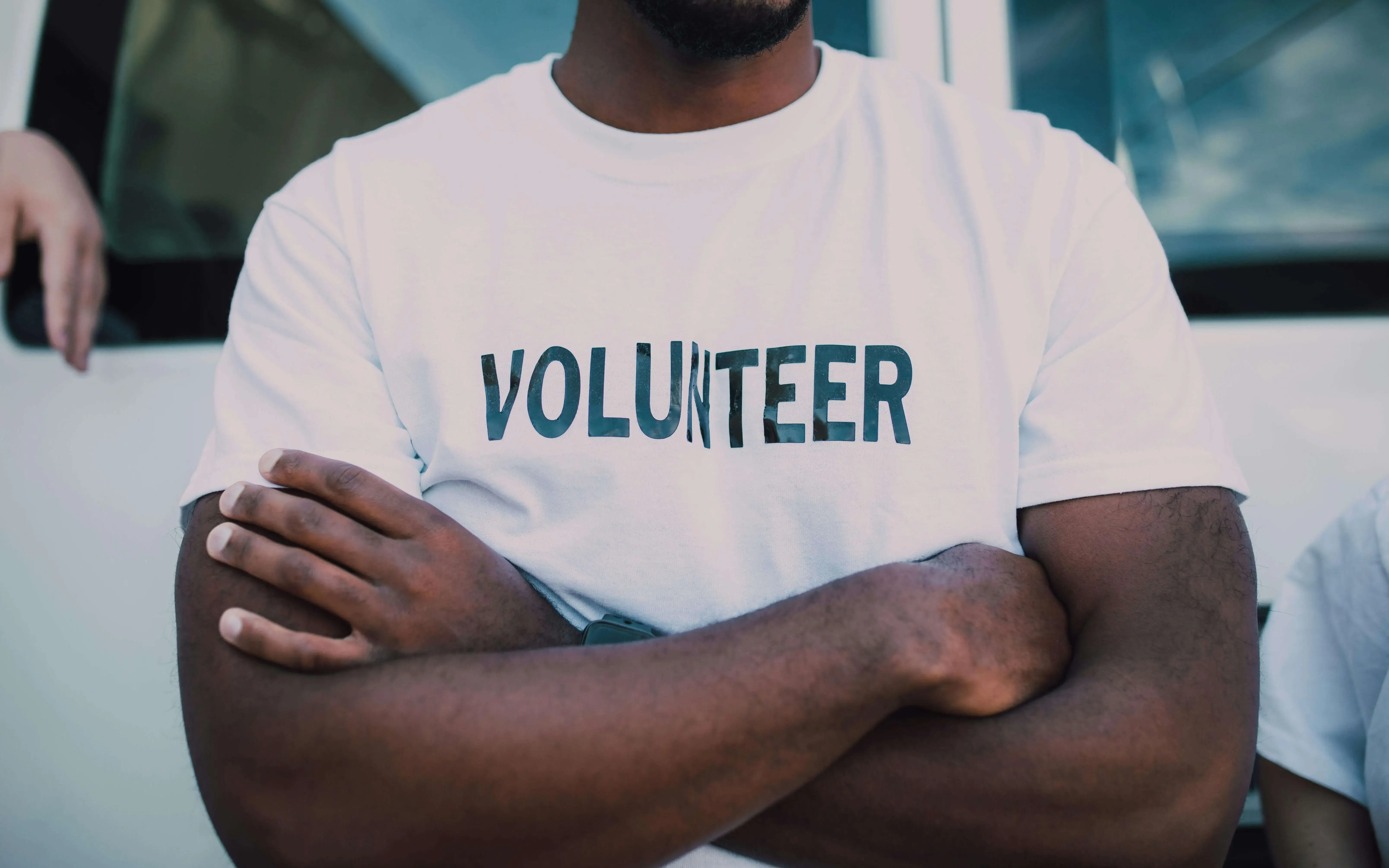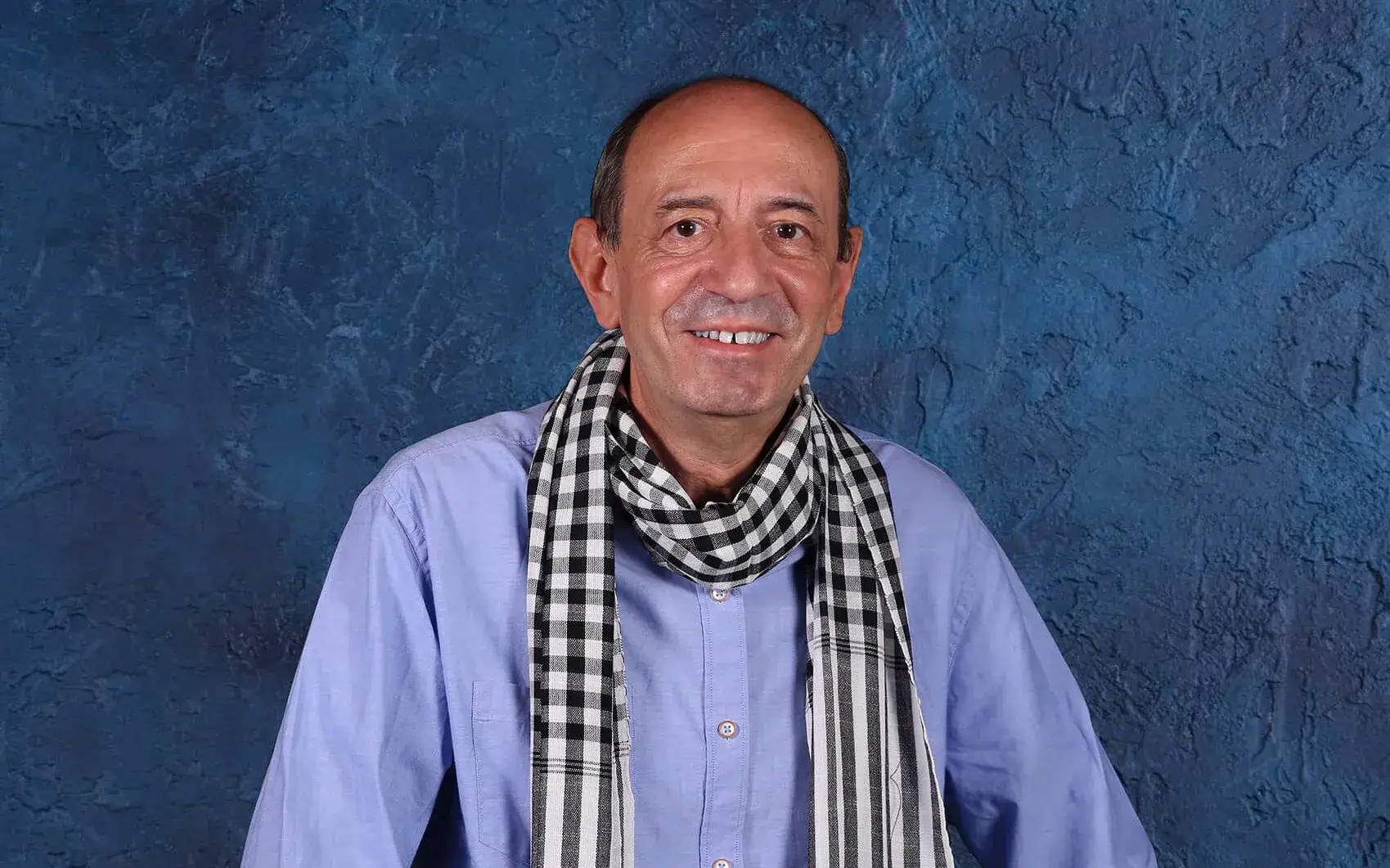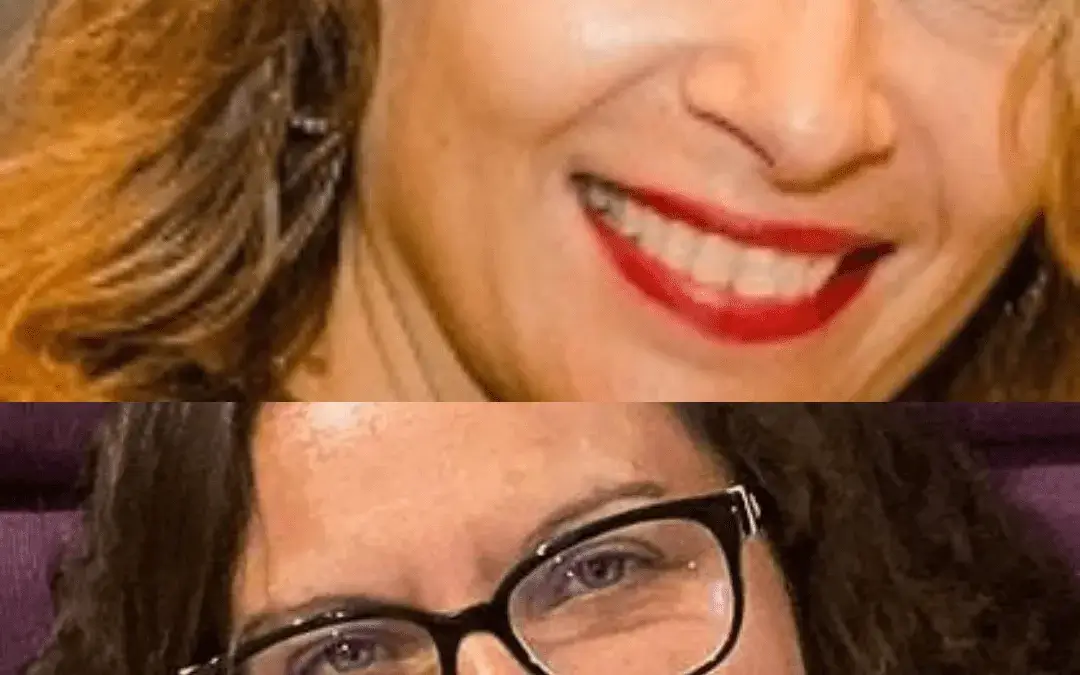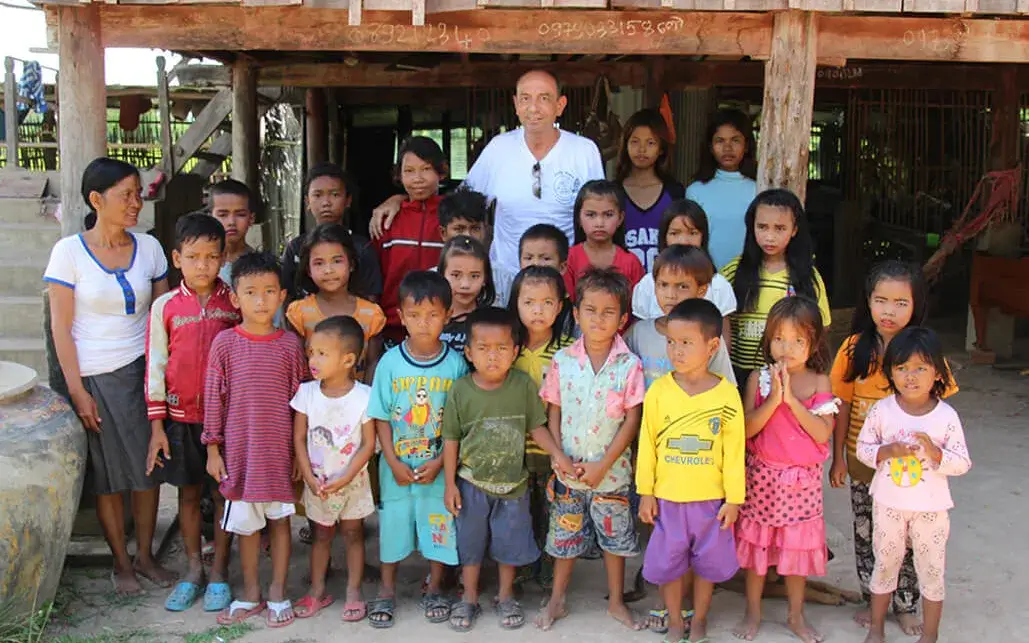The conference, entitled 'The evolution of solidarity in a post-pandemic society', focused on reflecting on volunteering as an involved citizen.
This July 6, the annual event of La Volunteca took place , organized by the Pere Tarrés Foundation and the Platform of the Voluntariad of Spain , promoters of the platform. The day has been configured as a space to reflect on the challenges of the future of volunteering and the trends that are emerging to face them, all under the title ' The evolution of solidarity in a post-pandemic society '.
The event took place at a time of transition, in which the pandemic era is officially over and it is necessary to move towards concrete and direct actions from entities and institutions to take advantage of the momentum of cooperation that the climate emergency forced to develop. A day that wanted to be not a point and a part but a 'two points' to look towards the needs of society both historical and present and future with a renewed perspective.
Volunteering that builds society
The event began with the institutional presentation. Rafael Ruiz de Gauna , Director of Institutional Relations, Training, Consulting and Studies of the Pere Tarrés Foundation , has put on the table the main objective of the meeting, which is to establish the doubts, challenges and trends that arise in society after of the pandemic, when "the cooperation of society and care has been essential".
For his part, Marc Viñas , spokesman for the Department of Social Rights of the Generalitat of Catalonia, mentioned that "volunteering is essential to the democratic system ", hence the need to analyze its evolution. Following this line, P atricia Beznuartea , from the Ministry of Social Rights and Agenda 2030 pointed out volunteering as participation as it "contributes to the construction of the society we want", so "it must be promoted in all its facets".
To end the welcome, Luciano Poyato , president of the Platform of the Voluntariat of Spain, noted the need to claim participation and to "rearm the third sector so that it opens up to new profiles of people who want to participate", because "any person can commit", and only in this way will the entities be prepared to face the new challenges.
New challenges and long-term evolution trends
The event continued with two conferences referring to how the third sector and volunteering have evolved to face problems. In the talk 'Crisis and effects of the current situation in solidarity work', Anna Varderi , manager of the Enriqueta Villavecchia Children's Oncology Foundation shared the experience of the entity during the confinement and the ways of doing things that have been set up currently in his voluntary work.
In this sense, Varderi comments on how the pandemic meant facing perhaps not a challenge, but a reality: "We were all in a vulnerable situation, the volunteers faced a risk , which was to go to the hospital". And because of the idiosyncrasy of the foundation, voluntary work is paramount, but support was reduced to distance, which made action difficult: "There are many ways to support online, but the physical part it is irreplaceable ".
Currently, in addition, said Varderi, the number of people interested in volunteering has decreased, and there is greater volatility , as well as multi-involvement, if you will, in various causes. However, "solidarity action does not decrease, it only changes the way to link to it". That is why the main challenge for the sector is adaptability and innovation , in addition to learning to communicate and establish relationships, always building a network to walk towards common goals.
To complement this vision with data, Anna Villa , vice-president of the Fundació Catalana de Voluntariat Social (FCVS) , has presented the report ' Volunteering trends ', carried out by the organization based on the dynamics of voluntary action in 2022. Villa has mentioned that the path currently taken is the result of an evolution that comes from afar.
As the main characteristics of voluntary work today, the speaker emphasized that 8.2% of the population does volunteering , a percentage dominated by the profile of middle-aged female volunteers , with higher education and who collaborates in multiple causes.
However, even though this is a linear evolution , Villa has remarked that it is data that makes it possible to draw forecasts and above all doubts about the future of volunteering in Spain. First, there is the challenge of the position of youth in the sector, closely related to the question of the presence of pre- and post-retirement ages. It is also interesting, he says, to ask about the growth of the environmental field , and not to forget, obviously, the post-pandemic effects in the various fields of activity.
Debating solidarity
The second part of the event was made up of a round table with Felisa Pérez , vice-president of UNAD and RIOD ; Ramon Nicolau , president of the FCVS ; Olga Viñuales , PhD in Social Anthropology, and Pablo Benlloch , PhD in Labor Law and Social Security.
The dialogue began with a note from Ramon Nicolau, who noted that during the pandemic, the most classic volunteering activities were cut to the detriment of an increase in new forms of cooperation and solidarity . In this sense, the speaker's focus should be not so much on the amount of volunteering but "on the quality and assessment of the volunteers, who work for citizen solidarity".
The link between volunteering and solidarity was key during the debate. Along these lines, Felisa Pérez has highlighted the primary role of citizen participation in her field, that of drug addiction: "We have volunteered since we were born, because without an involved citizenry action would be impossible." For Pérez, in a task like that of RIOD, the involvement of citizens is essential, because it allows volunteering to see the people it serves as people, which makes it a "facilitator of social integration " .
It is, in all cases, that solidarity becomes a tool to eliminate social stigmas . That is why Olga Viñuales has defined solidarity as a kind of empathic bond: "it is the fear that a person who is not me will suffer, it is signing up for a cause that is not one's own. Here the other ceases to be another to become a person".
For Pablo Benlloch, this must be the pillar for solidarity work to be robust while being flexible and capable of facing future challenges . "It's not worth volunteering and not worrying about it. It's about knowing, because when you know you change and fear disappears", commented the speaker, who remarked that the volunteer must achieve symbiosis with the values for which he works.
All in all, the table has pointed to an openly supportive and vindictive volunteerism , perhaps not partisan but always political and involved. And it is that " volunteering, activism and militancy are three facets of the same activity", commented Ramon Nicolau, and from this perspective voluntary work "builds society", as Olga Viñuales has pointed out, which is why, both volunteering as citizenship "we have a serious obligation to know what is happening", concluded Pablo Benlloch.







Add new comment